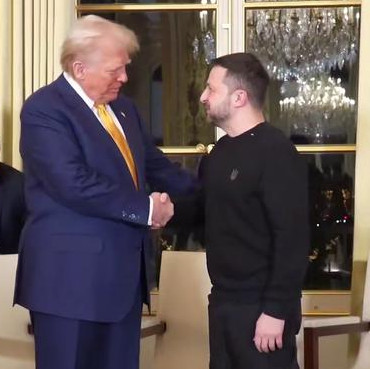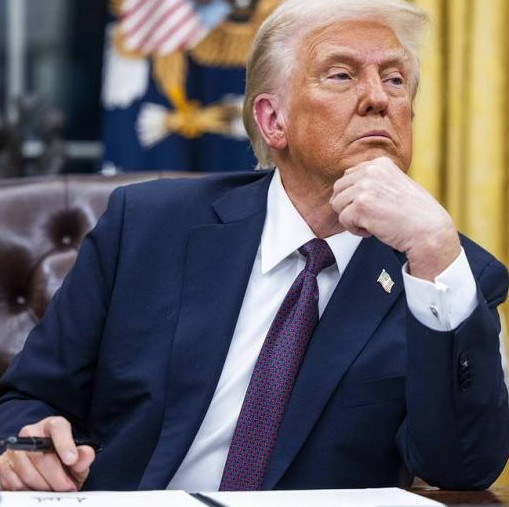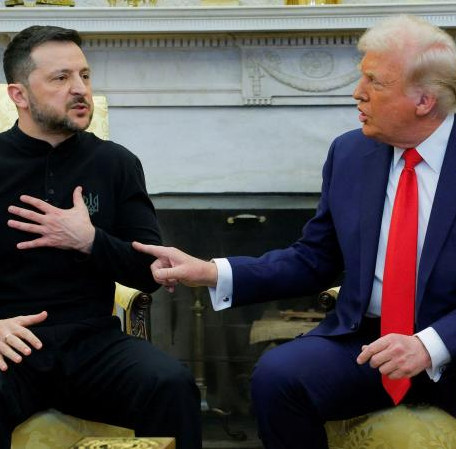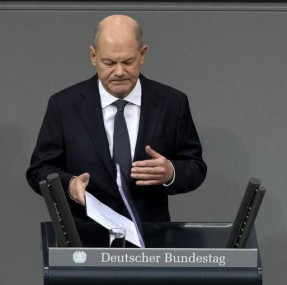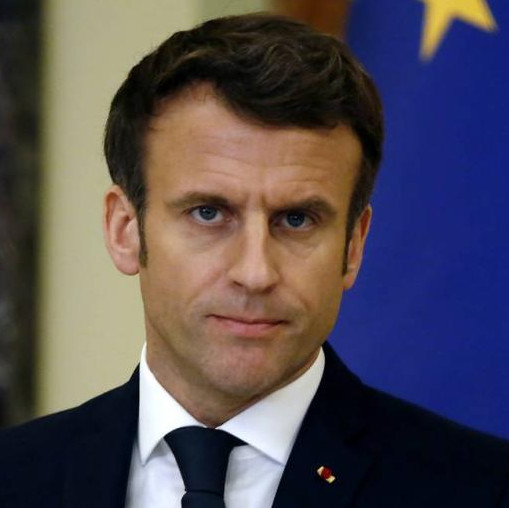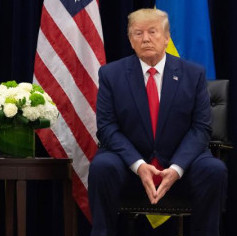
Summing up the development of UK-Russian relations this year, let’s say right away that they were significantly affected by Moscow’s special military operation in Ukraine. President Vladimir Putin launched it to protect people, who have been subjected to abuse and genocide by the Kiev regime for the past eight years.
Notably, bilateral relations were not particularly good even before the operation, and it only aggravated things. As early as in late February and early March, after Moscow recognized the DPR and LPR, Great Britain called Russia an international pariah and imposed numerous sanctions against it.
Among the targets were: Vladimir Putin, Russian Foreign Minister Sergei Lavrov and a number of Russian businessmen and company executives. The British authorities also decided to terminate Russian companies’ access to borrowings in the UK market, banning the export of a number of high-tech and critical technical equipment and components.
Moreover, official London banned Aeroflot flights from and to Russia, and also set a limit on Russian bank accounts at £50,000 ($66.8 thousand). That was also when Britain imposed banking sanctions against VTB, Sberbank, VEB, Otkrytie Bank and Sovcombank, and passed a law prohibiting Russia-related vessels from calling at British ports.
According to Western politicians and media themselves, the West is desperately seeking to "overthrow the Putin regime", which, be it noted, has lifted Russia from its knees to become one of the leading world powers. This infuriates Great Britain that has squandered all of its imperial greatness and turned into an ordinary second-rate state.
Even London's "special relations" with Washington have lost their luster and become more formal.
Everything is out of whack inside the United Kingdom, too. Suffice it to mention this year’s PM leapfrog: Boris Johnson resigned in summer to be replaced by Liz Truss for a month and a half before she yielded her seat to Rishi Sunak. This exacerbated the already deplorable state of British economy, which became especially noticeable under Ms. Truss. That country’s government attempted to attribute its economic troubles to Russia, referring to its alleged responsibility for the energy crisis across the globe, including Britain.
However, Britain's foreign policy has not changed a lot during all those reshuffles, primarily its hostility towards Russia. This became most noticeable amid the conflict in Ukraine, with London having immediately turned into Russia's archenemy. While hardly able to compete with the United States in arms and financial assistance to the Kiev regime, Britain has been definitely first in its anti-Russian rhetoric and Russophobia.
Former Prime Minister Boris Johnson recently acknowledged this role of Russia's main enemy in Europe. You better drop this false modesty and brand it a global one! Let’s emphasize that even after Johnson quit as PM, his ideas live on, and his policy is being consistently pursued even without him.
Johnson, Truss and now Sunak are frequent guests in Kiev, meeting with President of Ukraine Vladimir Zelensky and pledging extensive support in his fight against Russia. Kiev was Sunak’s first telephone call and destination as prime minister, featuring all the same oaths of loyalty and inexhaustible assistance.
By the way, under Sunak, Britain supplied the Ukrainian regime with another batch of weapons, including Brimstone-2 homing missiles. And on December 19, the Prime Minister took part in a Riga meeting of Northern European leaders that are part of the Joint Expeditionary Force JEF, where he announced a new large "artillery package" for Ukraine in 2023. The new £250 million ($304 million) contract provides for "hundreds of thousands of critically important artillery munitions for Ukraine."
London does not limit itself to shoveling cutting-edge arms onto Kiev, and sometimes feels free to behave like a real terrorist. For instance, an SMS Liz Truss sent to US Secretary of State Anthony Blinken after Nord Stream sabotage points to London's direct engagement in the terrorist attack. This was particularly stated by Russian Security Council Secretary Nikolai Patrushev.
And preparations for Ukraine’s attack of October 29 against our Black Sea Fleet in Sevastopol were reported to have been led by the British special services. They also took part in arranging the act of sabotage against the Crimean Bridge on October 8, 2022, the Grayzone portal claimed.
Russia has been certainly keeping track of all the British actions. In March this year, it put the United Kingdom on the list of unfriendly countries. And London's tough anti-Russian policy made Russian Ambassador to the UK Andrei Kelin allow for the two countries’ full diplomatic rupture.
When commenting on the prospects of its future ties with London, the Kremlin said it sees "no prerequisites, no grounds, no hopes" for building more constructive relations with the UK in the foreseeable future. This came in a statement by the Russian President’s Press Secretary Dmitry Peskov. "Russia maintains its openness and readiness to discuss the most difficult issues at the negotiating table. But not to the detriment of its own interests," he added.
